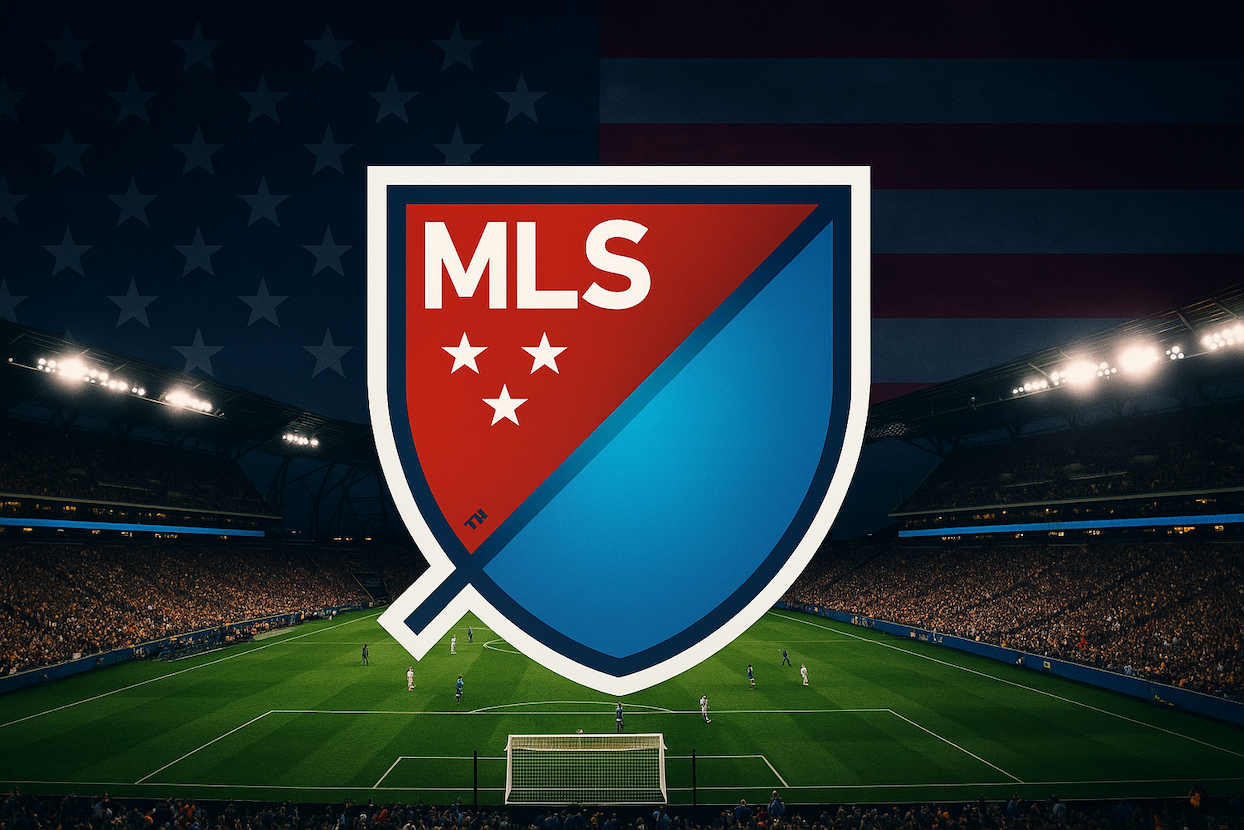Physical Address
304 North Cardinal St.
Dorchester Center, MA 02124
Physical Address
304 North Cardinal St.
Dorchester Center, MA 02124

MLS Youth Development has become a significant pillar for the league’s success and growth, creating a robust framework to nurture and elevate local talents. The league’s investment in youth academies and partnerships with local clubs has begun bearing fruit, producing a new generation of homegrown stars.
One of the major drivers of MLS Youth Development is the substantial investment in youth academies. These academies serve as nurturing grounds, providing young players with high-quality training facilities, experienced coaching staff, and opportunities to play competitive matches from a young age. This structured environment helps in honing their skills and preparing them for professional soccer careers.
FC Dallas serves as an exemplar within the MLS Youth Development ecosystem. Renowned for its dedication to youth development, the club consistently promotes academy graduates to the first team. [Learn more about FC Dallas’ academy success](https://www.mlssoccer.com/).
Another cornerstone of MLS Youth Development is the Homegrown Player Initiative, allowing clubs to sign local players to the senior team without having them go through the MLS SuperDraft. This initiative incentivizes clubs to invest in local talent, ensuring that young players see a clear path from academies to the professional stage.
The success of the Homegrown Player Initiative can be seen in players like Gianluca Busio and Ricardo Pepi, who transitioned seamlessly from youth academies to making impactful appearances in both MLS and international arenas.
MLS Youth Development doesn’t solely focus on players but also prioritizes the development of coaches and technical staff. By ensuring that the youth coaching staff are well-versed in modern strategies and techniques, players receive training that’s on par with global standards.
Partnerships with international clubs have also fueled MLS Youth Development. These collaborations offer opportunities for player exchanges and expose local talents to different playing styles and cultures.
One such partnership is between New York City FC and Manchester City, which has facilitated knowledge transfers and player exchanges, helping to elevate the training standards and competitive edge of young MLS players.
The impact of MLS Youth Development extends beyond the league, significantly boosting the U.S. national team’s pool of skilled players. As more academy-trained players step onto international fields, the national team benefits from a solid, well-prepared talent base.
Looking forward, MLS Youth Development will continue to be a crucial driver for both the league’s competitiveness and the national team’s success on the international stage. With ongoing investments and strategic initiatives, MLS is set to solidify its standing in the global football ecosystem.